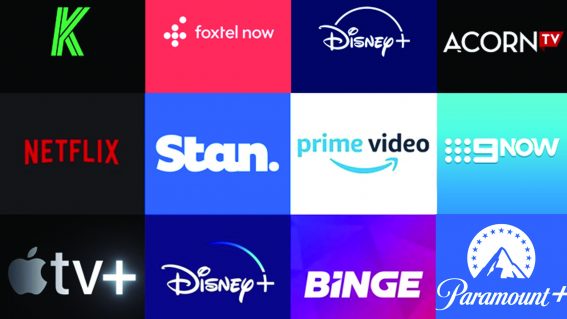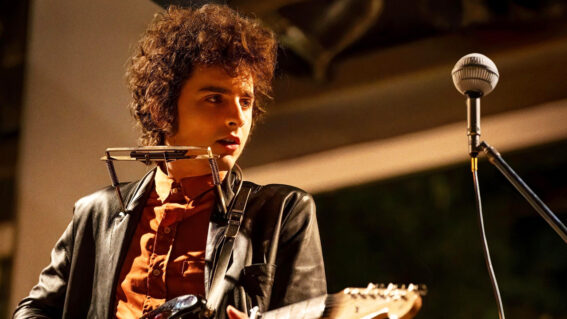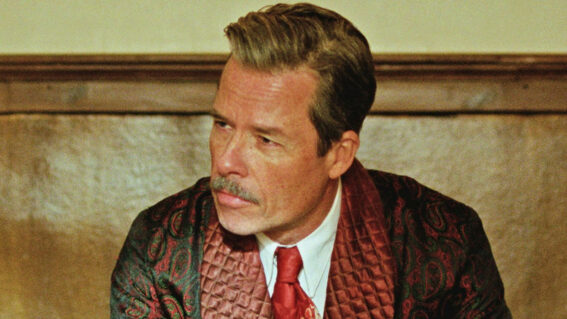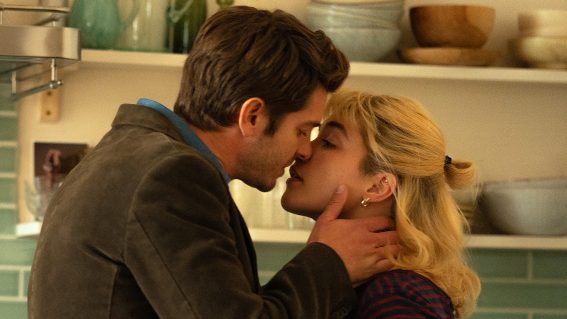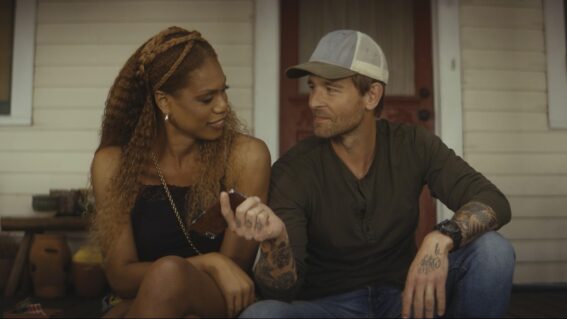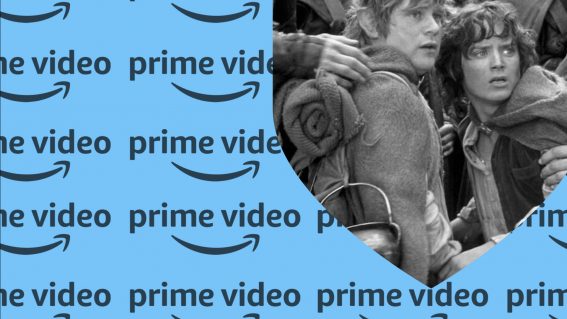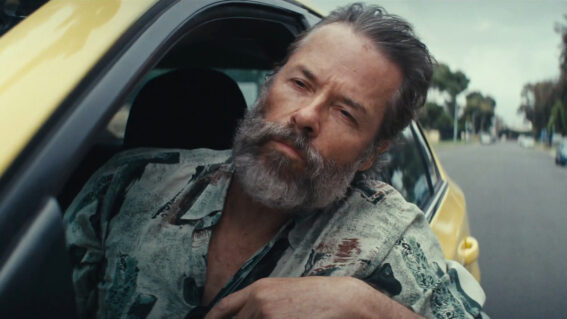Gasoline Rainbow is Gen Z’s gateway drug to streaming service MUBI
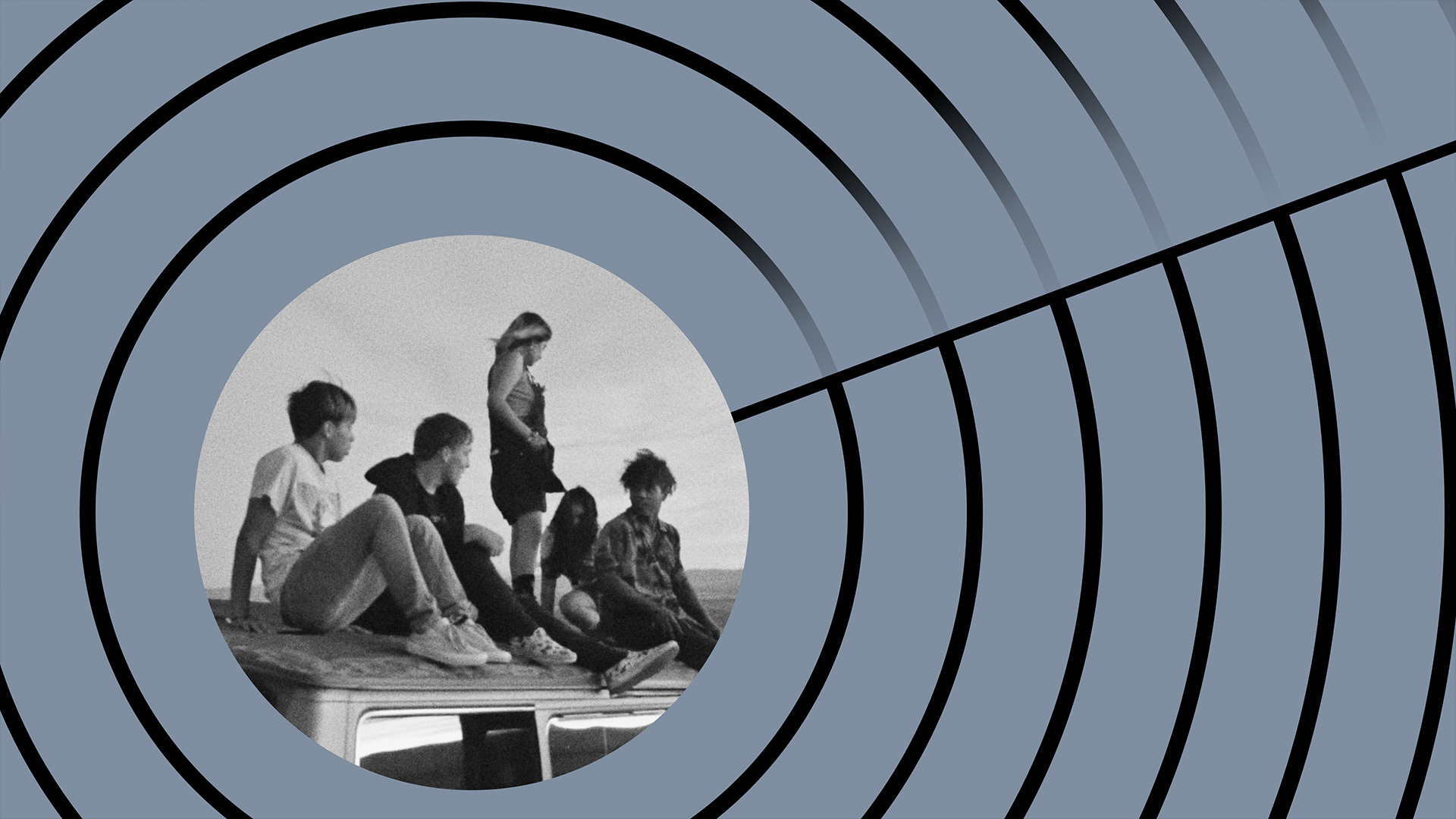
Sick of streaming services recommending you the same kind of stuff? Liam Maguren’s Off the Radar column highlights strange, unique, gimmicky, semi-indescribable titles worthy of your attention. Here, he spotlights MUBI-exclusive coming-of-age road movie Gasoline Rainbow.
I came across Park Chan-wook’s Oldboy when I was in my mid-teens. That legendary hallway oner featured on a Best Fight Scenes list in Empire Magazine, triggering me to hunt it down immediately. At the time, the only way I could watch it was through Rialto Channel, Sky’s dedicated place for arthouse cinema. Little did I know the hallway that film would lead me down…
Ignoring the fact that I was arguably too young to watch it, that hyper-violent 2003 classic played a significant role in my introduction to films outside the norm. Much credit to Oldboy: it not only delivered on that fight scene, its whack-a-doodle revenge tale paired with director Park’s wild storytelling swings left a lasting impression.
I hungered for more. Rialto Channel stuffed me. I was chugging their library at this impressionable age, from Irish short film End Game to Pen-Ek Ratanaruang’s Last Life in the Universe. I didn’t understand a bunch of what I saw—some things were either too confusing or too mature for my adolescent goo-brain. But that was a good thing. It showed me the vastness of cinema; how storytelling stretched far beyond the typical stuff I was watching at the time. And that was exciting.
I don’t need to go on the usual spiel about films being more accessible than ever, but I do wonder how today’s film-hungry teens would come across the stranger stuff. The artsy stuff. The atypical stuff. If there are any Gen Z readers that would value advice from a Millennial movie buff, then call me Audrey Plaza because My Old Ass is going to dish out that recommendation: give Gasoline Rainbow a go. It may be your gateway drug to arthouse platform MUBI, where it’s currently streaming.
The film follows five teens from Oregon who pile into a rusty bucket of a van and head to the beach. For me, that’s an easy five-minute journey down the road. For them, it’s over 800kms. They’ve got hardly enough money for fuel, but their need to break free overrides the economics of it all.
That’s about as much of a plot as you’ll get with Gasoline Rainbow, which will inevitably switch off anyone who needs complex story turns and multiple character arcs to keep their attention. But real life rarely comes in the form of a tidy three-act structure. Directors The Ross Brothers know this, choosing instead to make a film that’s all about the experience of getting lost and feeling free. All you need to do is be present in those moments to feel the freefall.
Our five leads are in a particularly precious age. They’re transitioning from school to… whatever role society will force upon them. In their eyes, this is their last hoorah before they lurch into adulthood. Coming from rougher areas of life, their future forecasts don’t look as sunny as the more privileged among us, with one of the lads considering the military as his only realistic option.
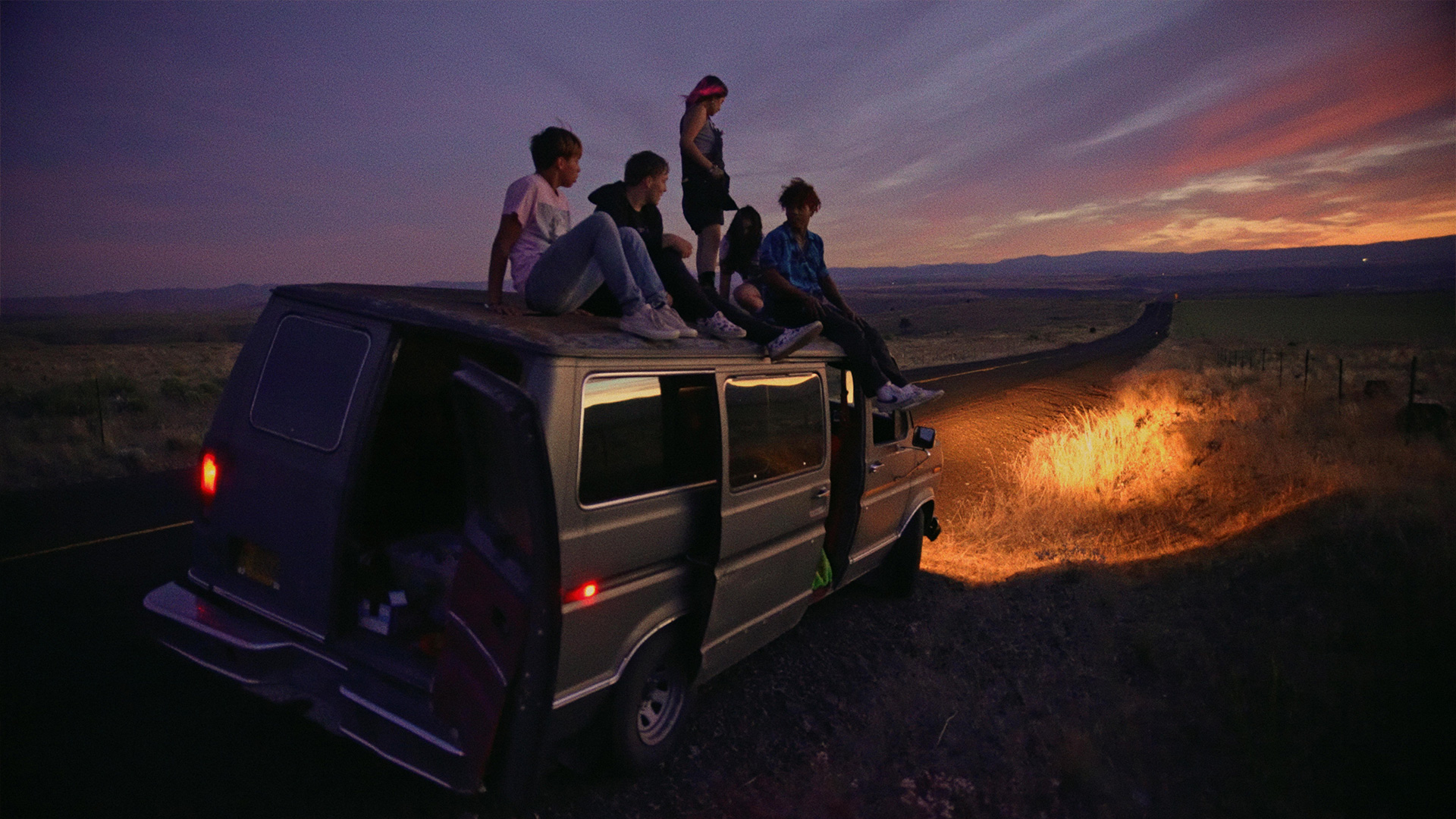
If this is their story, then “fuck it.” They’re breaking out of this metaphorical cage, if just for as long as this trip lasts. They roam America. Party with strangers. Visit buzzy landscapes. Sing everything from Guns ‘n’ Roses to the Moana soundtrack. Get on this free-flowing wave and it’s an intoxicating journey to ride shotgun with.
Gasoline Rainbow is not a found-footage film, but it has found-footage energy. Riding high on lo-fi vibes, The Ross Brothers keep the camerawork grounded for the most part, working in photography stills and pushing out any slick lighting equipment to make it feel like they’re documenting this road trip themselves.
And in some ways, The Ross Brothers made this like a documentary, similar to their previous feature Bloody Nose, Empty Pockets. Gasoline Rainbow’s narrative and feel leans heavily on the five lead first-time actors, the directing duo creating conditions and outlining intentions for each scene then letting the kids loose and kept the camera rolling. Not staying strictly to a script only adds to the film’s unrestrained nature.
You also feel that looseness with the older characters the teens meet along the way. This includes heavily pierced drifters who know how to hitch trains, a metalhead couple who also nerd out to Lord of the Rings, and a skateboarder in a sailor hat wearing a t-shirt adorned with people poking their own buttholes. They’re all warm, inviting, memorable, one-of-a-kind folk who have managed to find some peace away from a society they couldn’t inhabit.
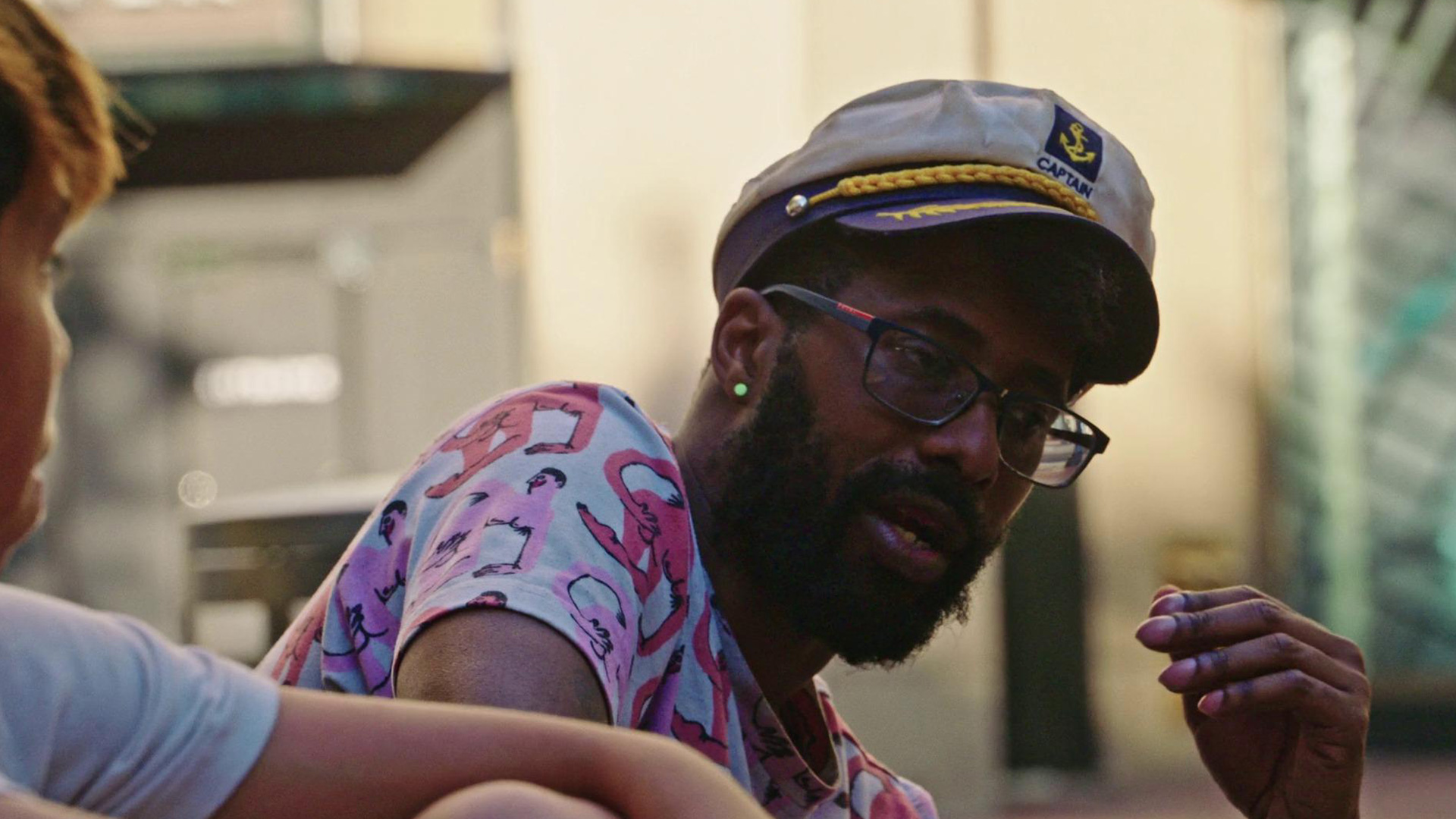
For the five teens, these grown-ups are the embodiment of a more hopeful future. They’ve also experienced hardship and know the fine line between feeling lost and feeling free, though they aren’t about to tell this younger generation what they should be doing with their lives. That’s how much they respect them.
The Ross Brothers show Gen Z audiences the same courtesy by making a movie for them that’s largely driven by them. One exchange near the end of the film lays it out straight:
“The old generation will never understand the new generation.”
“Man, the old generation doesn’t know shit.”
“Yeah, but wait until we’re the old generation, not fucking understanding shit.”
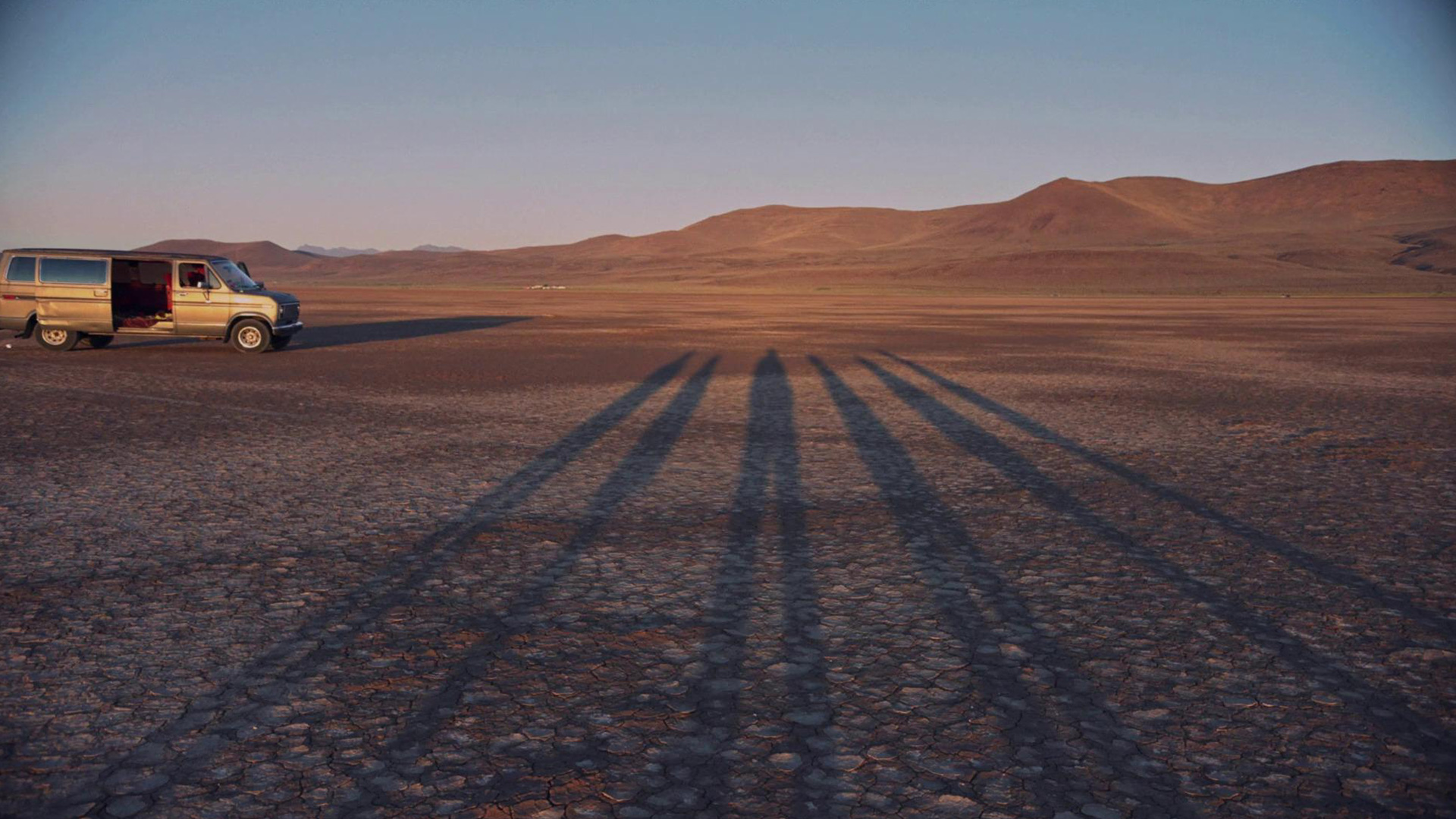
That’s a lesson as old as recorded time and prevalent in other coming-of-age classics like Richard Linklater’s Dazed and Confused—a film made in the early ‘90s, reflecting on the lives of teenagers from the ‘70s. And anyone who’s seen rebellious American road movies like Easy Rider will smell those same fumes coming off Gasoline Rainbow.
But I don’t write this to stink out the freshness of what The Ross Brothers have created. Every generation needs these kinds of movies and Gasoline Rainbow feels exactly like the unconventional piece of cinema that speaks directly to curious teens, with the possibility of leading their eyes to the horizon of wider cinema.
As of writing, the film is exclusive to MUBI, which means you’ll need to jump on that streaming service to watch it. The platform regularly rotates its library with festival hits, cinema classics, and general arthouse fare that often don’t stream anywhere else, so there’s heaps to discover. I could give you a blank list of recommendations, but in the spirit of Gasoline Rainbow, the only recommendation I’ll give is to dive straight in without any thought and get lost in the MUBI library.



